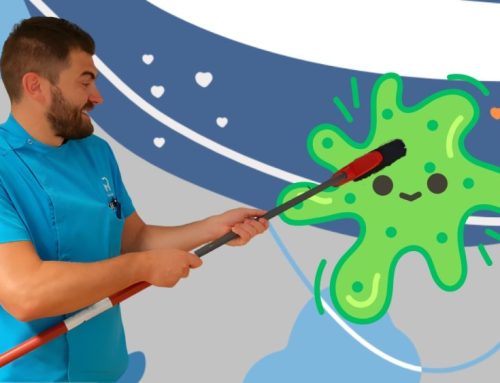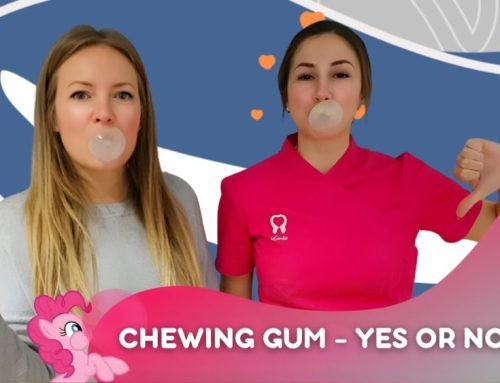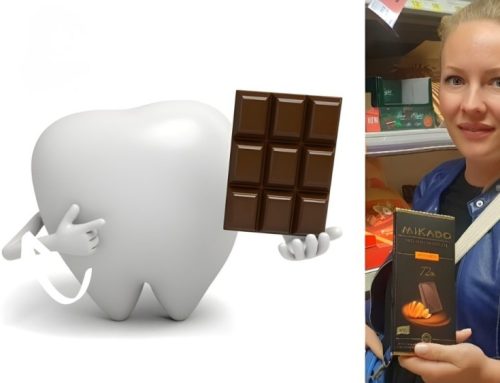Giving flowers is mostly an infallible gesture of showing attention, but did you know that you can also give attention to your teeth in the same way?
In this week’s blog of Dental Center 4Smile, discover which edible flowers your teeth prefer and give attention to your smile in a unique way!
JAPANESE PLUM FLOWER
The arrival of spring is often marked by numerous petals of the plum flower, but the bloom of the plum tree is short-lived.
Take advantage of this brief period in spring to give your teeth care with an edible flower.
This flower, native to East Asia, actually belongs to the rose family and is traditionally used to treat sensitive gums and mouth ulcers.
The petals can be eaten raw, but if you prefer not to, you can fill a jar with the flowers and vinegar, letting it sit for a few weeks.
Once the process is complete, add the mixture along with a few fresh flowers to a salad!
Additionally, you can purchase Japanese plum vinegar known as Umeboshi in stores.
This vinegar can be used for culinary purposes and also offers many health benefits for the entire body.
Rinsing your mouth with Umeboshi vinegar can help eliminate mouth infections and sore throat inflammation!
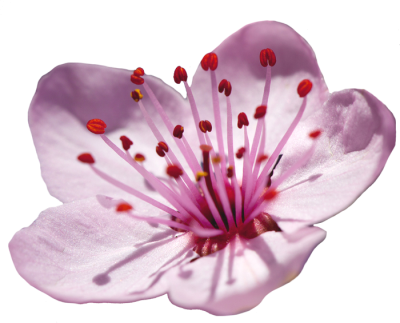
STRAWBERRY FLOWER
The history of strawberries dates back to ancient Rome, where the fruit was considered a symbol of Venus, the goddess of love, due to its vibrant red color and irresistible taste.
Today, strawberries covered in chocolate are a common treat for Valentine’s Day, and they could even be considered healthy if made with dark chocolate, as the high cocoa content is good for your teeth.
On the other hand, the strawberry itself contains vitamin C, which is beneficial for gum health, and the fruit is rich in malic acid, which helps keep teeth white.
But what about the strawberry flower?
The strawberry flower is native to Europe and America, and strawberries have been cultivated since the early 14th century.
The strawberry flower has antiviral and antibacterial properties, which is why it is believed to help treat mouth ulcers and gum inflammation – gingivitis.
The leaves, stems, flowers, and fruit of the strawberry can be used to prepare a medicinal tea that can help with your oral health.
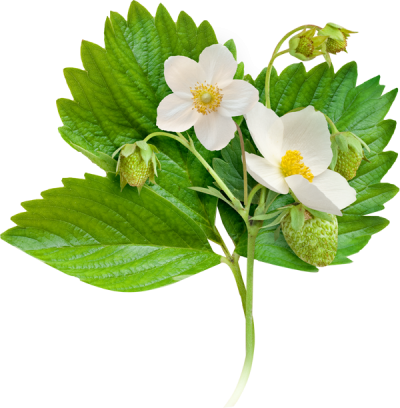
CUMIN FLOWER
Not as visually striking but excellent for use, the cumin flower can often be found in deserted meadows and grasslands.
This flower, which prefers warm weather, is native to Central Europe, Asia, and North Africa.
Cumin seeds are well-known as part of a healthy diet, and if you mix the seeds and leaves of this plant, you can create a magical mouthwash.
This “magical liquid” can help eliminate bad breath and gum infections, as well as tighten loose teeth.
With its flavor and aroma, often compared to anise, cumin is frequently used in bread, sauerkraut, and even liqueurs!
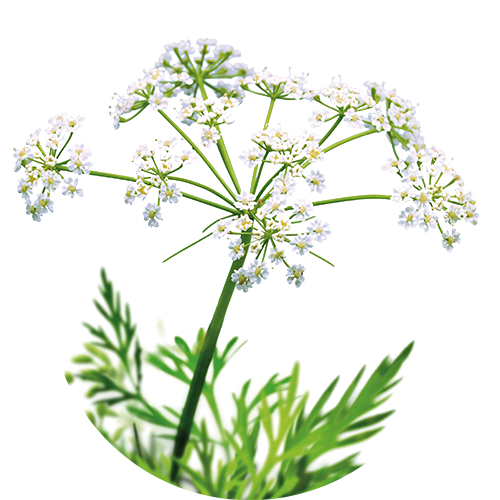
MORINGA FLOWER
This shrub-like tree has sweetly scented white flowers that are highly nutritious and possess anti-inflammatory properties.
Native to India, moringa helps in building stronger teeth due to its high calcium content, while the gum from the trunk aids in treating cavities and gum disease.
If you enjoy the taste similar to spinach or matcha green tea, moringa adds a sweet, earthy flavor that you can savor while benefiting your oral health.
Before consumption, moringa petals need to be cleaned. After cleaning, the petals can be sprinkled in salads, mixed into smoothies, juices, or pressed into oils.
Moringa flowers can also be fried in rice and noodle dishes, used as a garnish for curry, soups, and stews.
Fried moringa flowers can be eaten as a snack or incorporated into omelets, pasta, pizza, and seafood dishes.
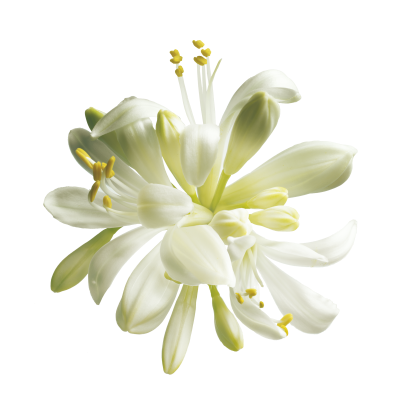
Most flowers are edible and contain vitamins and antioxidants that are good not only for oral health but also for overall body health. However, there are a few types of flowers that are not edible, so we recommend checking the edibility of a flower before consuming it.
Still, the best way to give attention to your teeth is by visiting a dentist, as a treatment for cleaning tartar and air abrasion will best maintain the health of your teeth.


